 Luban, Belarus – The roof has been removed and the windows stripped of their frames and glass. Piece by piece, workers are tearing down the former synagogue where a renowned rabbi served before fleeing the Soviet Union for New York in 1936.
Luban, Belarus – The roof has been removed and the windows stripped of their frames and glass. Piece by piece, workers are tearing down the former synagogue where a renowned rabbi served before fleeing the Soviet Union for New York in 1936.
Rabbi Moshe Feinstein, considered one of the most influential Orthodox rabbis in the United States until his death in 1986, was the last rabbi to serve at the synagogue in this once predominantly Jewish town.
After his departure, the synagogue in Luban was taken over by Young Pioneers for the training of future communists. Within five years, most of the Jews were gone too, as almost the entire Jewish population was rounded up and shot by the invading Nazis in World War II.
The synagogue’s role in town history was only publicly recognized again in 1996, when a memorial plaque in English, Belarusian and Hebrew was put up on the building, which by then housed a medical clinic.
The local government now plans to build a supermarket at the site, which is on the main square of the town, located 85 miles south of Minsk, the capital.
The regional government says it has no obligation to save the synagogue, which is not included on a list of buildings considered to have historical or cultural value.
“The exterior of the building is not in line with that of a Jewish temple, so there is no point in restoring it,” said the director of the town’s museum, Natalya Sinyak.
Belarusian Jewish organizations have protested the destruction of synagogue, but the objections have been ignored.
“Instead of expressing pride in the prominent figures who were born on this land, their memory is being destroyed,” said Yakov Basin, vice president of a national Jewish organization.
As the demolition began, the memorial plaque was moved to a nearby building, where it was attached with two crooked, rusty nails.
“The synagogue was the only reminder left of the Jews,” said Arkady Gelfand, a 70-year-old teacher who is one of five Jews remaining in the town of 11,000.
No mention is made of Jews even at the Soviet-era memorial where 785 Jews were shot in November 1941 when the Luban Ghetto was liquidated. The victims are referred to only as “peaceful citizens.
Gelfand, whose parents and grandparents worshipped under Rabbi Feinstein, remembers how he wept with happiness when the plaque was put up on the former synagogue in a ceremony attended by representatives of the Israeli Embassy.
“Even so we remain a persecuted people,” said Gelfand.
The Belarusian government denies the existence of anti-Semitism, even as it allows the destruction of Jewish cemeteries and refuses to preserve monuments to the country’s rich Jewish history.
Only about 25,000 Jews now live in Belarus, a country of 10 million people squeezed between Poland and Russia. Before the war, more than half of the urban population was Jewish, and Yiddish was a state language.
As many as three presidents and four prime ministers of Israel – including Menachem Begin, Yitzak Shamir, Golda Meir and Ariel Sharon – were born in Belarus.
The two-story wooden synagogue in Luban was built at the end of the 19th century and became the center of spiritual life for the town’s Jews, who at the time comprised 95 percent of the population. Even in 1939, the population was still 60 percent Jewish.
Rabbi Feinstein began his tenure as rabbi in 1920 when he was only 25. For years he resisted pressure from the Soviet government as he continued to promote and preserve Jewish customs in the newly atheistic state.
But in 1936, as dictator Josef Stalin tightened his grip, Rabbi Feinstein was told to leave the country or face arrest. His brother, who stayed, was arrested and died the following year in a Siberian labor camp.
(Source: Associated Press)

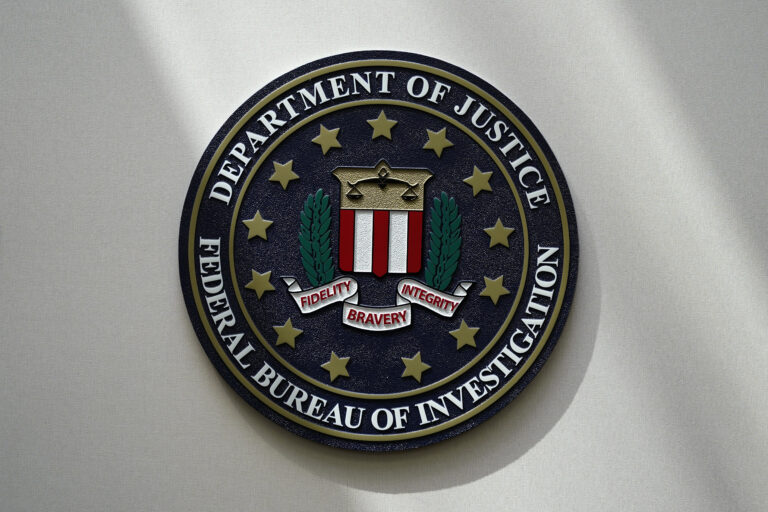
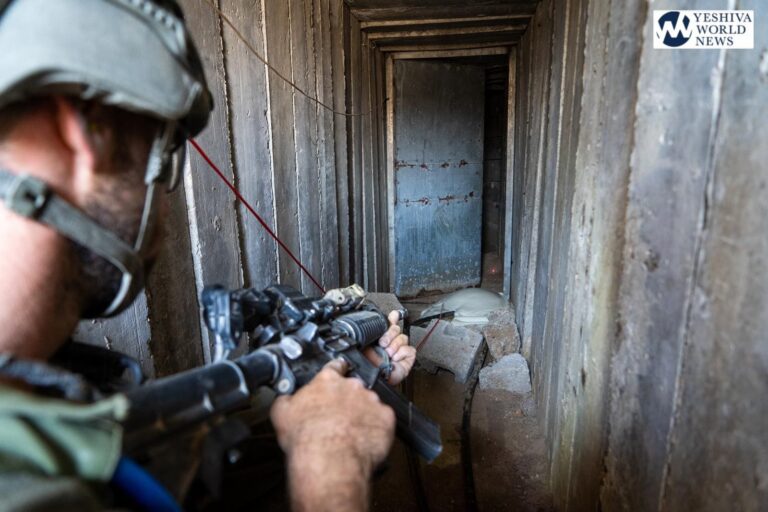
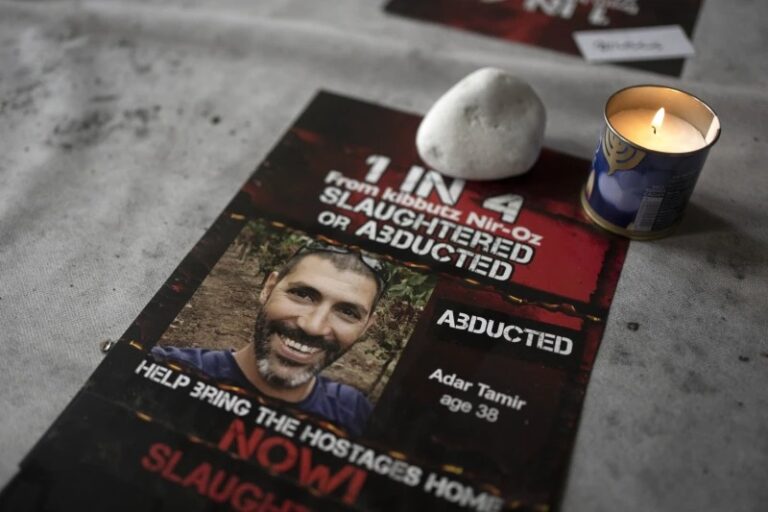
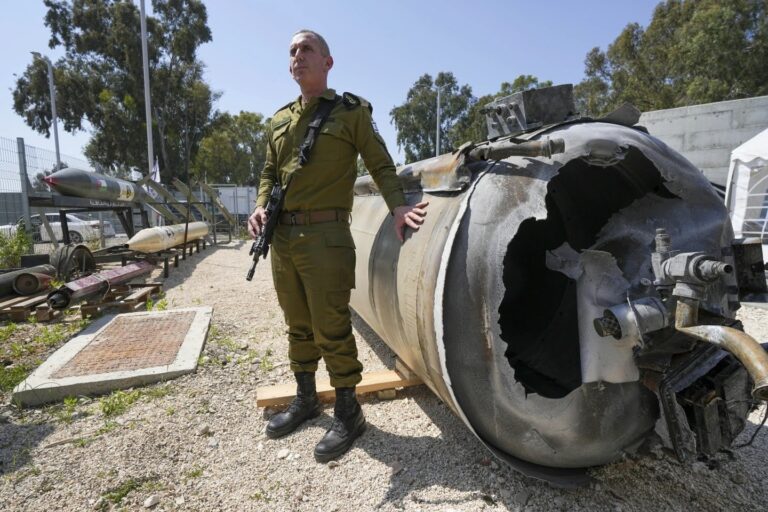
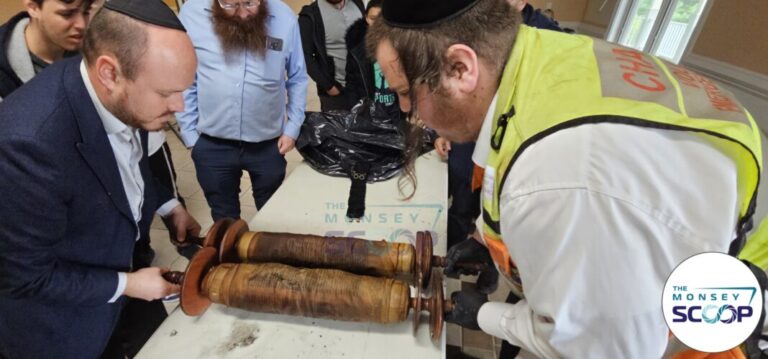
11 Responses
I understand that there will probably some sort of outcry that this is happening.
Let’s put into focus a demolition On Shmuel hanavi street of a Sfardic (I think Teimani) shul. This happened 2 years with Uri Lupoliansky the mayor. The shul was destroyed to make way for a public transport lane.
i wouldn’t worry, there is don es hadayan who will no doubt repay this country, the supermarket will have no success wat so ever, in fact whatever they do on the spot of the shul other than a tribute to the shul and jews who lived there will be haunted with no success and survival. the rest of the jews there should leave asap.
Ariel Sharon was born in Israel, in Kfar Malal, not in Europe.
You know, I think we need to stop pretending that these memorial plaques and supposed ‘recognition’ of our rights and suffering as Jews mean anything.
They don’t, they’re only done out of political self-interest, and if chalila there is ever another Holocaust, on a major scale, or on a minor (isolated) scale, they will do nothing to save us.
Stop thinking that we can convince the goyim to love us and accept us. They will do so ONLY when the bulk of Bnei Yisroel return to what the Ribono shel Olam wants us to be.
That goes for non-religious and nominally religiou equally.
Then Moshiach will come and we will be restored to our place leading the world morally and ethically.
THE we will be worthy of their respect, and will indeed receive it.
But that is not the goal, the goal is to earn the respect of the Ribono shel Olam.
Everything else will follow in due and automatic course.
Shenizkeh l’hanal b’karov
is this really such a big deal?
To #5 Turkeyneck: Amen ve’Amen.
Rabbi Wein tells the story of building his yeshiva in NY. He and his contracter were talking about beams. The contracter said that for X amount more he could get something that would last for centuries. Rabbi Wein asked (IIRC) about an alternative and was told it would last for 150 years. Long enough, said Rabbi Wein. Jews don’t stay in any one place that long these days.
to #2. where in halucha does it say that goyim need to keep a shul or a plack? who needs it? that jew who’s living there I believe needs to b reunited with jews and jewish believes .
i wouldn’t worry, there is don es hadayan who will no doubt repay this country, the supermarket will have no success wat so ever, in fact whatever they do on the spot of the shul other than a tribute to the shul and jews who lived there will be haunted with no success and survival. the rest of the jews there should leave asap.
Okay, so if the supermarket IS successful, what then? Do you lose your emunah? Do you lose your faith in schar v’onesh?
AS it was said, tere are 5 Jews in town. Why again would the government care?
Sad story! NuNu! Let’s not forget Rav Moshe’s legacy lives on in us! The Shul is but eitzim va’avonim!